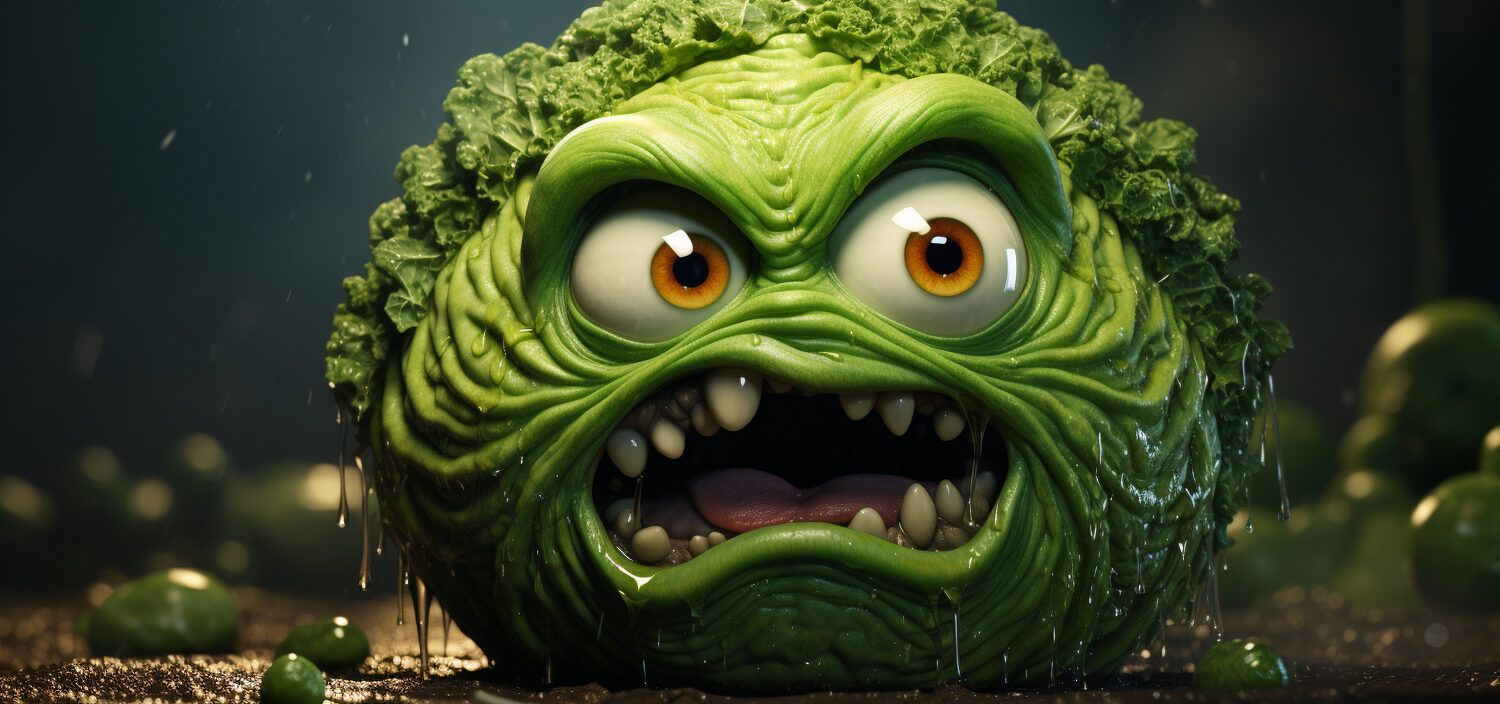
The uninvited dinner guest
Brussels sprouts: miniature cabbages, or edible villains? They’re the uninvited guests at the dinner table that cause me genuine physical discomfort. Merely being in their presence brings about a feeling of nauseous revulsion, which, let’s face it, is a pretty strong reaction to a vegetable. But their bitter taste and somewhat questionable aroma make me wonder how anyone can possibly enjoy them.
I haven’t dared to try them for years. The memory of their uniquely pungent flavour is enough to dissuade me from venturing there again. And yet, I am aware that there are those who find these tiny green spheres delectable, even eagerly anticipating their appearance during the festive season.
But sprouts are not alone in their power to polarise. The dinner table is often a battlefield of contrasting tastes and food preferences. One man’s food heaven can be another’s culinary hell. The food world is strewn with such ‘love them or hate them’ contenders.
Take olives, for example. For some, they are the epitome of a sophisticated snack, a savoury delight with a hint of the Mediterranean sun. Yet, others recoil at their briny, slightly bitter taste. Or consider blue cheese. Its distinct aroma and strong, pungent flavour either makes taste buds sing or send shivers down a spine.
Then there’s cilantro, or coriander, as it’s known in some parts of the world. Its bright, citrusy notes add freshness to many a dish, yet it’s also infamous for being divisive. To a certain subset of people, its flavour resembles that of soap, thanks to the genetic variation that affects their taste receptors.
In the end, it all boils down to our unique palate and the sense of taste we’ve developed over the years. While I may never understand the appeal of Brussels sprouts, I’m sure there are those who can’t fathom my disdain for them. And that, in my opinion, is the real beauty of the culinary world – its ability to stir up such passionate debates, and make us realise that diversity extends even to our dinner plates.


Leave a Comment